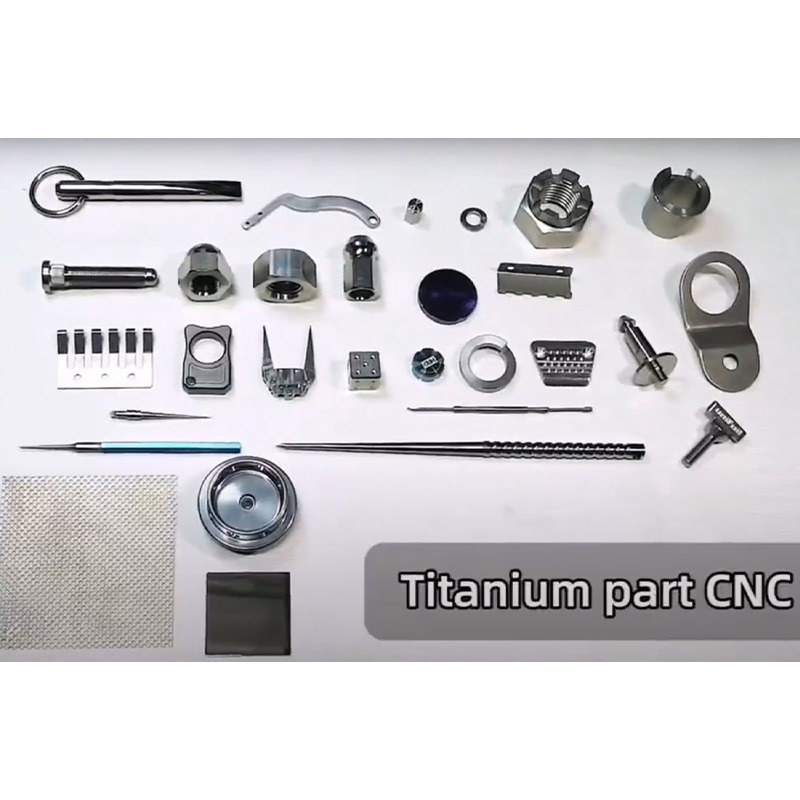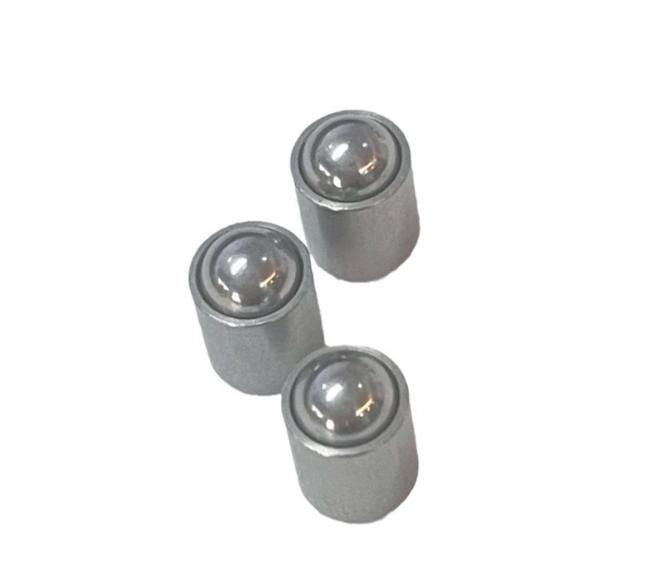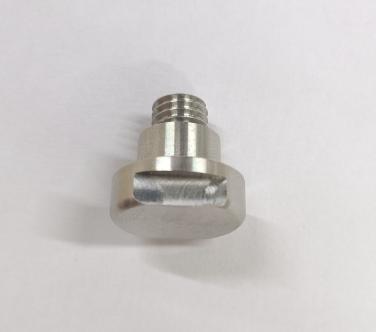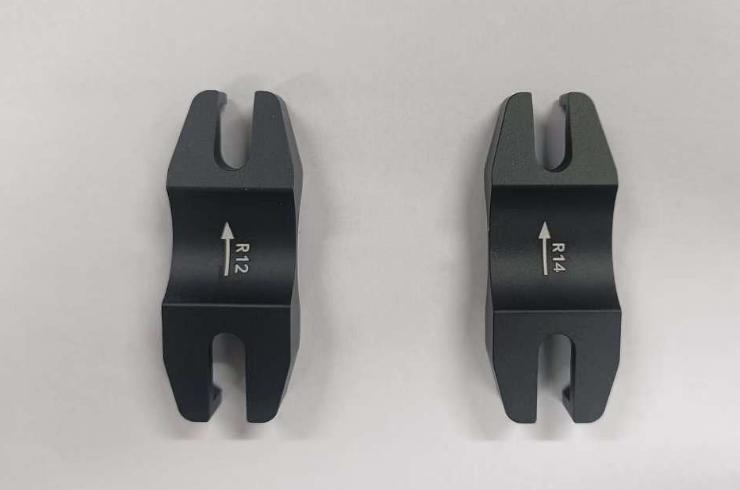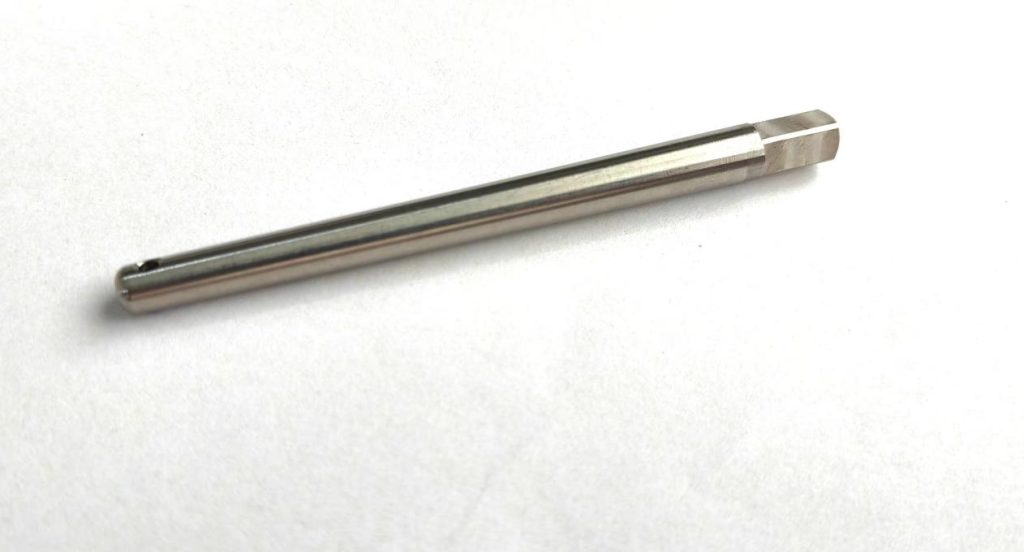CNC Titanium Parts
- Lightweight Strength: Titanium is as strong as steel but weighs nearly 45% less, making it ideal for applications demanding reduced weight without sacrificing strength.
- Corrosion Resistance: Titanium’s natural oxide layer protects it from rust and chemical degradation, even in harsh environments like seawater or industrial chemicals.
- Temperature Resistance: Titanium retains its mechanical properties at high temperatures, making it suitable for aerospace and engine components.
- Biocompatibility: Titanium’s compatibility with the human body has revolutionized medical implants and surgical tools.
Display Video of CNC Titanium Parts
This video displays the superior surface finishes of CNC titanium parts and the durability achieved through advanced CNC processes, catering to industries like aerospace, medical, and automotive for high-performance applications.
Key Techniques for CNC Titanium Parts
- High-Performance Tooling: Carbide tools with advanced coatings, such as titanium aluminum nitride (TiAlN), are employed for improved heat resistance and tool life.
- Optimized Cutting Parameters: Slow cutting speeds, high feed rates, and reduced depth of cut help maintain accuracy and reduce tool wear.
- Efficient Cooling Systems: Flood cooling, high-pressure coolants, or cryogenic cooling systems dissipate heat effectively.
- Advanced CNC Machines: Multi-axis CNC machines allow for the creation of intricate designs and tight tolerances, reducing the need for secondary operations.
- Simulation and CAM Software: Pre-machining simulations optimize tool paths and machining strategies, reducing errors and material waste.
Materials we can use on CNC Titanium Parts
Applications of CNC Titanium Parts
Titanium parts produced using CNC machining play a vital role across various industries.
- Aerospace: Aircraft components such as turbine blades, airframes, and landing gear leverage titanium’s lightweight strength and heat resistance.
- Medical: Titanium is used for implants like hip and knee replacements, dental implants, and surgical tools due to its biocompatibility and durability.
- Automotive: High-performance vehicles incorporate titanium in exhaust systems, engine components, and suspension systems to improve efficiency and durability.
- Energy and Marine: Titanium’s corrosion resistance is essential for components in offshore drilling, power generation, and marine environments.
- Industrial Equipment: Heat exchangers, chemical processing machinery, and high-pressure systems benefit from titanium’s resilience.

